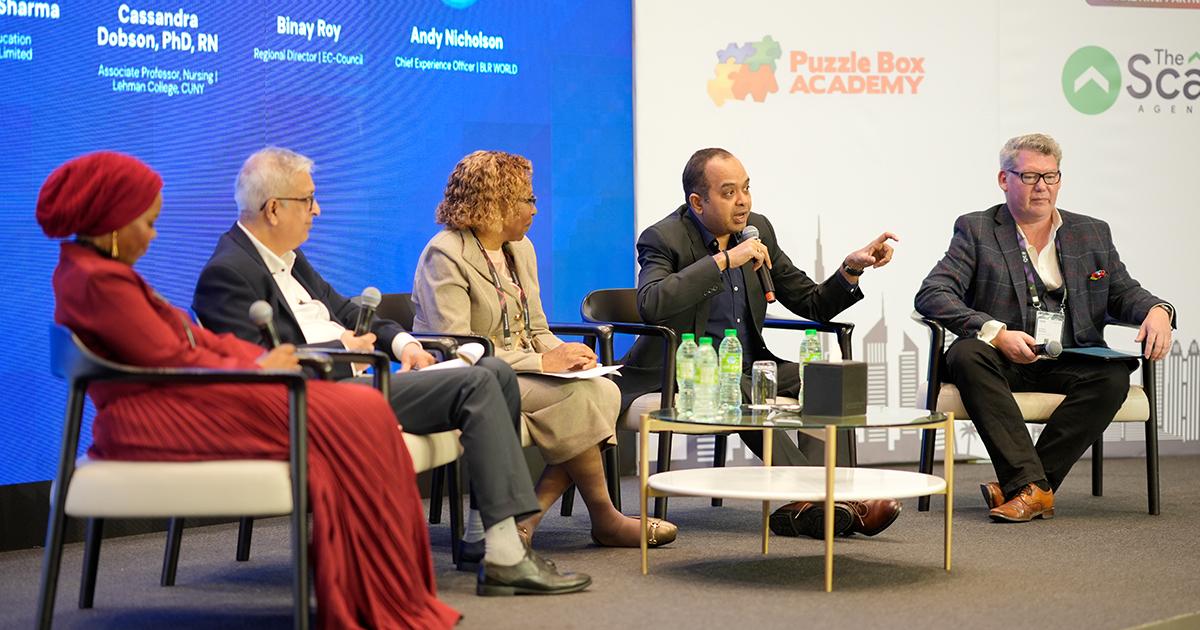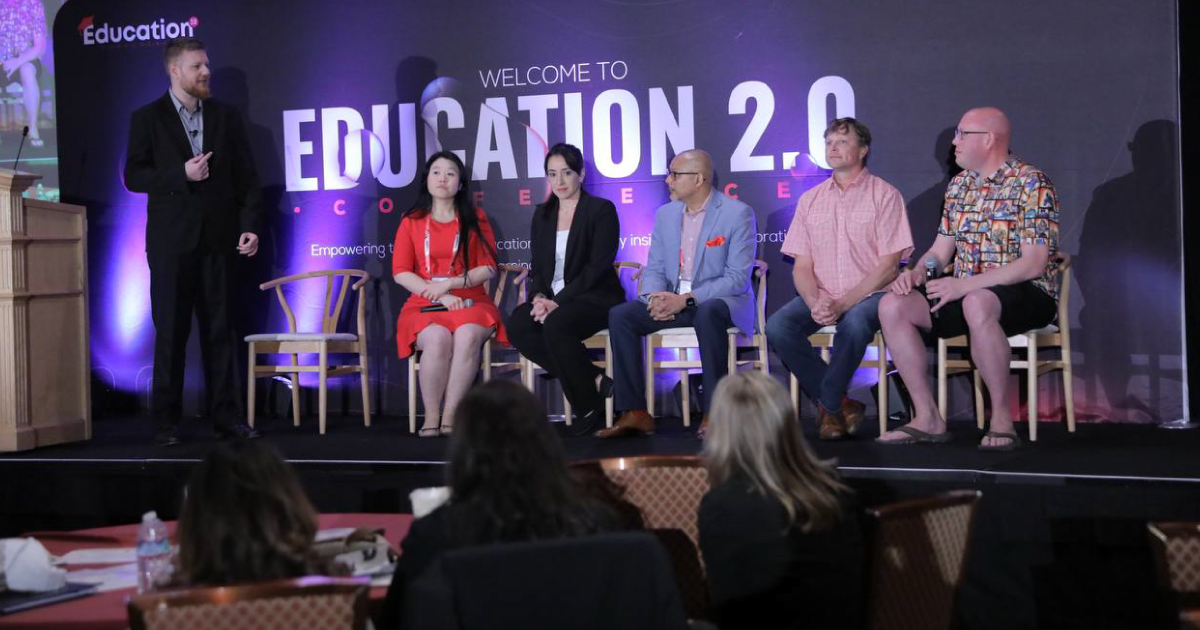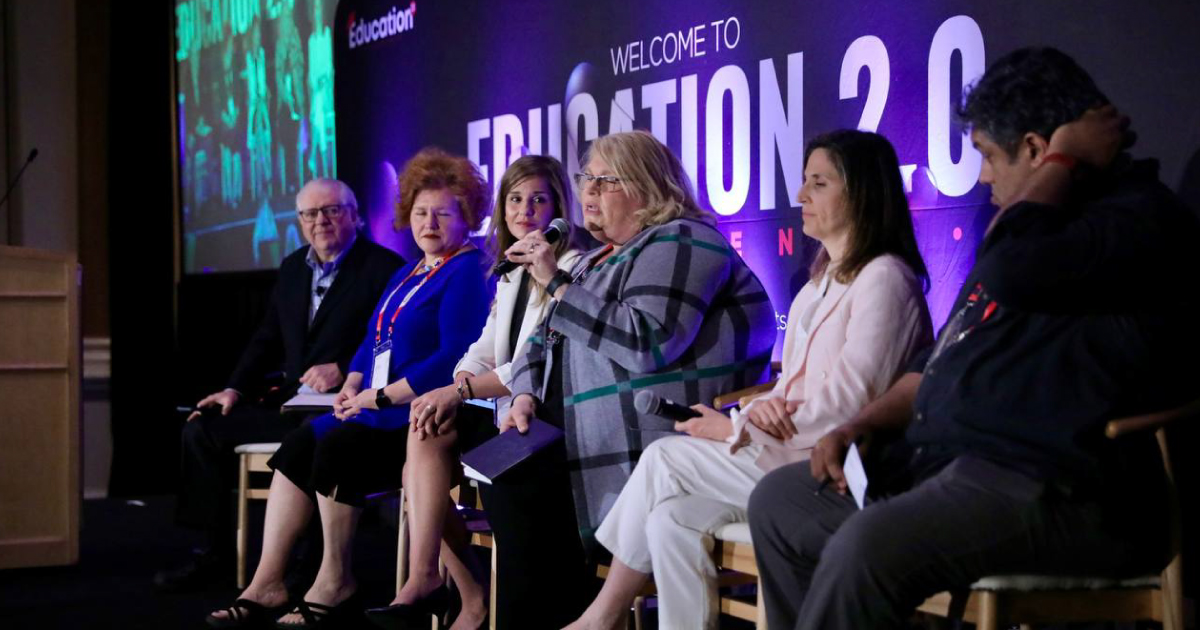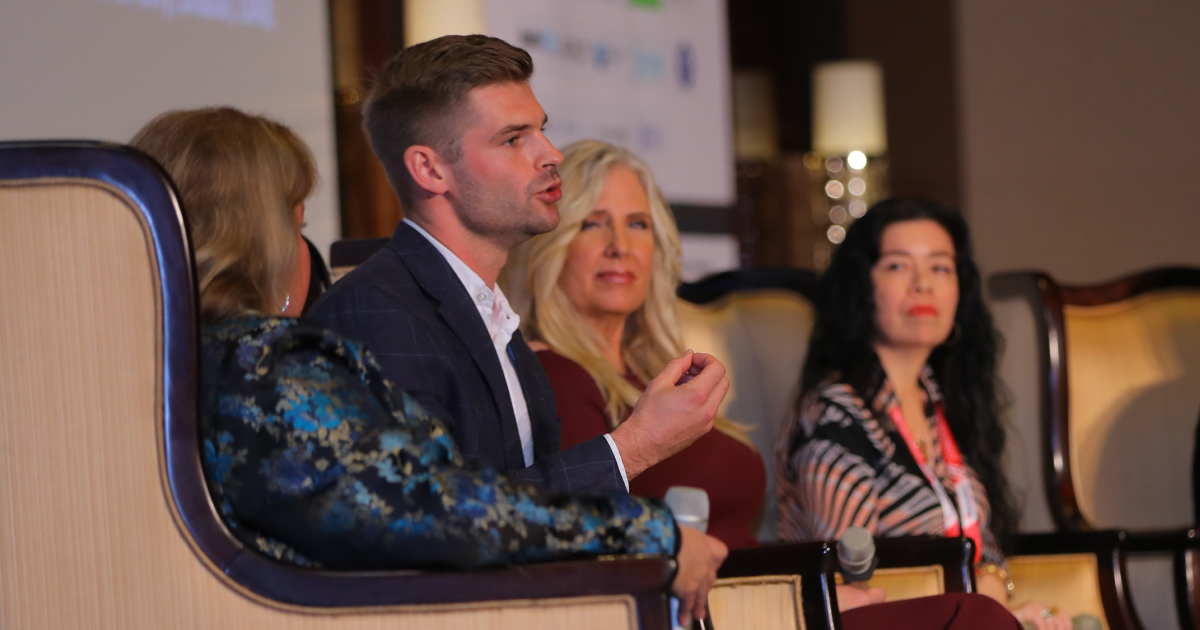
The Soft Skills Gap In Tertiary Education—An Overview From Education 2.0 Conference
Posted on : May 30, 2025
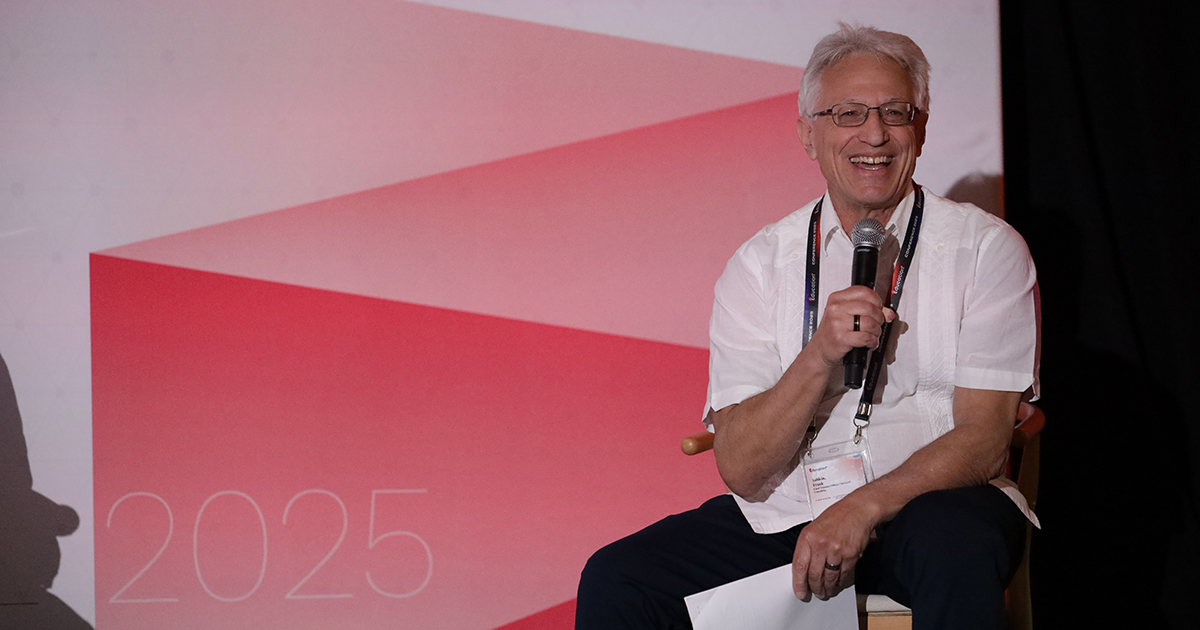
According to the National Association of Colleges and Employers (NACE), a staggering number of employers feel that recent graduates lack the necessary workplace skills. For instance, while professionalism is highly valued, many employers note that new grads are not as proficient in this area as expected. This suggests that it's not necessarily technical skills, but broader competencies like communication and professionalism, that need more attention in academic preparation for the workforce (NACE, 2022).
In a world where industries are being reshaped faster than ever, this mismatch has serious consequences. At the Education 2.0 Conference, one of the anticipated global education conferences in Dubai & USA, we constantly hear from employers, educators, and policymakers who are grappling with this challenge. It's clear: technical know-how might get a foot in the door, but it’s soft skills that drive long-term success.
So, where exactly is the disconnect? And how can tertiary education catch up with the evolving needs of the workforce? Let’s find out in this blog.
What Employers Are Really Looking For
When we speak to industry leaders at our global education conference sessions and panels, the message is resounding: employers aren’t just hiring degrees — they’re hiring human potential.
Technical skills matter, of course. A computer science graduate is expected to code; a marketing graduate should know how to strategize campaigns. But beyond the "hard" skills, employers are desperately seeking candidates who can communicate across diverse teams, think critically under pressure, solve complex problems, and continuously learn and adapt.
The World Economic Forum’s "Future of Jobs Report 2023" lists analytical thinking, resilience, flexibility, motivation, and leadership as some of the most crucial skills employers want. Interestingly, many of these aren't taught in a traditional classroom setting. They’re nurtured through real-world experiences, mentorship, feedback, and a culture of continuous improvement.
We often hear companies say they are willing to train employees on technical platforms, but what they can't easily teach is attitude, emotional intelligence, or the ability to work well with others. These are make-or-break capabilities in today’s interconnected world.
The Disconnect: Tertiary Education vs. Workplace Expectations
Despite the labor market’s changing demands, many tertiary institutions still prioritize content knowledge above all else. Curriculum designs often revolve around exams, technical projects, and theoretical mastery. Meanwhile, competencies like communication, collaboration, leadership, and creativity are relegated to the sidelines — if they’re addressed at all.
As a result, we’re seeing a growing number of graduates who excel academically but struggle professionally. They might ace a final exam yet stumble in a group project. They can present a brilliant thesis but falter when pitching an idea to a skeptical client.
From what we observe at our education leadership summit, part of the issue lies in how "success" is defined in higher education. For decades, grades, GPAs, and standardized test scores have been used as the ultimate indicators of achievement. But in the workplace, success looks very different: it’s about managing conflicts, leading initiatives, adapting to new roles, and building relationships.
Without intentional intervention, the gap will only widen.
Why Soft Skills Are Harder To Teach
At the Education 2.0 Conference, we recognize that integrating soft skills into tertiary education isn’t as simple as adding a new course module. Soft skills aren’t something students can memorize from a textbook or replicate through rote learning. They require practice, feedback, reflection, and — crucially — failure.
Moreover, soft skills are context-dependent. Effective communication in an engineering firm might look very different from what it does in a healthcare setting. Critical thinking in finance demands a different lens than in environmental sciences.
Another challenge is assessment. While it's relatively easy to grade a math test or a programming assignment, evaluating a student's emotional intelligence or adaptability is much more subjective. It demands new methods of teaching, mentoring, and measurement.
We believe that for education to truly evolve, institutions must recognize soft skills not as "extras," but as essential outcomes, on par with academic knowledge.
How Education Can Bridge the Gap
The good news? Change is possible — and already underway in some corners.
At our education leadership summit, we’ve seen innovative programs that embed soft skill development directly into coursework, rather than relegating it to optional extracurriculars. Universities are incorporating project-based learning, collaborative assignments, internships, service-learning programs, and leadership development modules into the heart of academic life.
Some steps that forward-thinking institutions are taking include:
- Building Interdisciplinary Projects: Mixing students from different disciplines to work on real-world challenges together.
- Prioritizing Communication: Making written and verbal communication a central part of assessments, even in technical fields.
- Simulating Workplace Scenarios: Through case studies, mock client projects, and negotiation simulations.
- Offering Coaching And Mentoring: Personalized feedback on leadership, teamwork, and interpersonal growth.
Source: toggl blog
When students are given opportunities to practice soft skills intentionally — not just in theory — they enter the workforce better prepared, more confident, and far more competitive.
Rethinking Success: A Call to Action
If we want to equip the next generation for meaningful careers, soft skills must stop being treated as optional. They are as fundamental to success as any technical competency — and arguably even more critical in a future shaped by AI, automation, and global complexity.
As a global education conference dedicated to exploring the future of education, we believe it’s time to reimagine how tertiary education defines "preparedness." Academic excellence should be celebrated, but it must be paired with the ability to lead, adapt, empathize, and collaborate.
The conversations we host at the Education 2.0 Conference constantly reinforce this: the institutions that thrive in the future will be the ones that prepare students not just to pass exams, but to navigate life.
The world doesn’t need graduates who know all the answers. It needs graduates who know how to find solutions, build relationships, and drive positive change.
The challenge is in front of us, and the opportunity is immense.
FAQ
- What are soft skills, and why are they important for graduates?
Ans. Soft skills refer to interpersonal attributes like communication, teamwork, adaptability, problem-solving, and emotional intelligence. They are important because employers increasingly value these skills for effective collaboration, leadership, and navigating complex workplace challenges—qualities that technical skills alone don’t cover.
- How is the Education 2.0 Conference addressing the soft skills gap?
Ans. The Education 2.0 Conference acts as a platform for educators, industry leaders, and policymakers to discuss and share innovative approaches for integrating soft skills into tertiary education.
- Why do universities struggle to teach soft skills effectively?
Ans. Traditional education focuses largely on technical knowledge and measurable academic outcomes. Soft skills are harder to teach because they require practice, reflection, and real-world experience, which don’t fit neatly into standardized exams or lectures. Assessing these skills objectively also presents challenges.
- What role does Education 2.0 play in shaping future-ready graduates?
Ans. Education 2.0 acts as a platform where academia and industry connect to identify the skills that matter most in today’s workplace. We promote best practices and support initiatives that balance technical expertise with soft skills like communication and leadership. Our goal is to inspire institutions to develop graduates who can confidently navigate the complexities of modern careers.
- How can students develop soft skills alongside their technical education?
Ans. Students can seek out internships, group projects, extracurricular activities, and mentorship programs that require collaboration and communication. Participating in workshops, leadership roles, and real-world challenges also fosters soft skill growth beyond the classroom.

